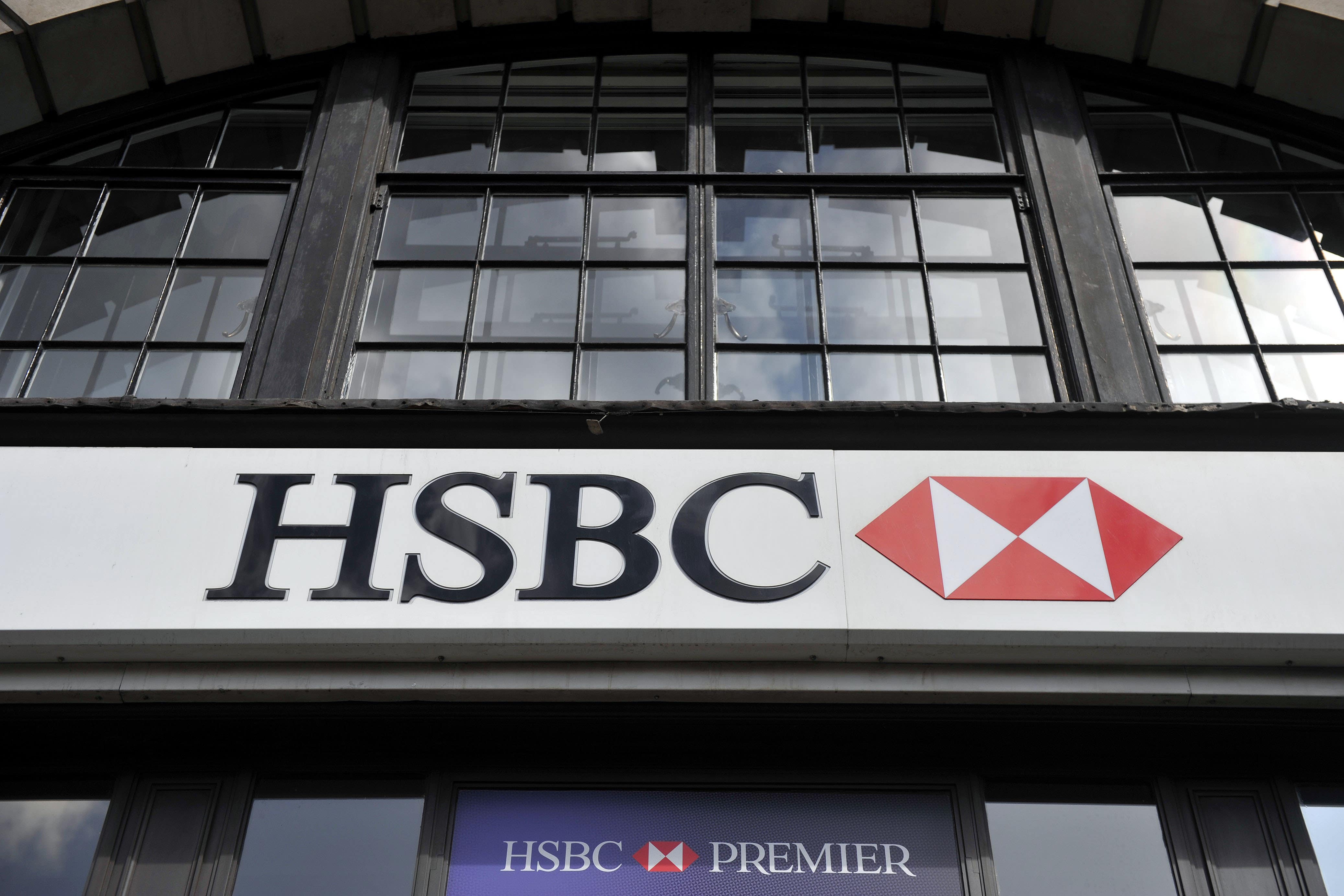Higher borrowing costs help more than double HSBC’s quarterly profit
The Asia-focused global bank said that in recent months more customers have been moving their cash into accounts with higher savings rates.

Your support helps us to tell the story
From reproductive rights to climate change to Big Tech, The Independent is on the ground when the story is developing. Whether it's investigating the financials of Elon Musk's pro-Trump PAC or producing our latest documentary, 'The A Word', which shines a light on the American women fighting for reproductive rights, we know how important it is to parse out the facts from the messaging.
At such a critical moment in US history, we need reporters on the ground. Your donation allows us to keep sending journalists to speak to both sides of the story.
The Independent is trusted by Americans across the entire political spectrum. And unlike many other quality news outlets, we choose not to lock Americans out of our reporting and analysis with paywalls. We believe quality journalism should be available to everyone, paid for by those who can afford it.
Your support makes all the difference.Higher borrowing costs have helped more than double HSBC’s quarterly profits, despite the banking giant setting aside more than one billion US dollars for expected credit losses amid troubles in China’s property market.
The Asia-focused global bank said that in recent months more customers have been moving their cash into accounts with higher savings rates.
The group revealed its pre-tax profit rose by 4.5 billion dollars (£3.7 billion) to 7.7 billion dollars (£6.4 billion) in the three months to September, compared with the same period in 2022.
The spike in its quarterly profit was driven by higher interest rates, which currently stand at 5.25% in the UK, generating more income for the group on its mortgages and loans.
We continue to closely monitor... the potential implications of the prolonged recovery of the real estate sector and the overall Chinese economic outlook for our customers and our business
The year-on-year increase also reflected the group taking a hit last year from the planned sale of its retail banking operations in France.
HSBC said it set aside 1.1 billion US dollars (£910 million) to cover expected loan losses, which included 500 million dollars (£412 million) relating to the commercial real estate sector in China, as well as economic uncertainty in the UK.
China’s property market has faced a sharp downturn over the past year, prompting the government to launch stimulus measures.
The bank said: “The mainland China commercial real estate sector performance has continued to deteriorate over 2023, as a sustained recovery failed to materialise following government measures introduced in the fourth quarter of 2022.
“We continue to closely monitor, and seek to proactively manage, the potential implications of the prolonged recovery of the real estate sector and the overall Chinese economic outlook for our customers and our business.”
Like rivals including Barclays and Lloyds, HSBC said it had seen more customers, especially in Asia, moving money into higher-interest savings accounts in recent months.
This led to a reduction in its net interest margin (NIM) by two basis points to 1.7% in the latest quarter, compared with the previous three months.
HSBC said it has seen a bigger increase in the amount being paid for customer deposits than the amount being generated from loans.
Barclays downgrading its NIM forecast last week led to a sell-off of London-listed banking stocks, over investor concerns that banks could come under pressure from interest rates reaching a peak.
Meanwhile, HSBC said operating expenses grew by 2% to eight billion US dollars (£6.6 billion), driven primarily by higher technology costs, rising inflation and an increase in the company’s performance-related pay to staff.
Group chief executive Noel Quinn said the bank had seen “good broad-based growth across all businesses and geographies, supported by the interest rate environment”.